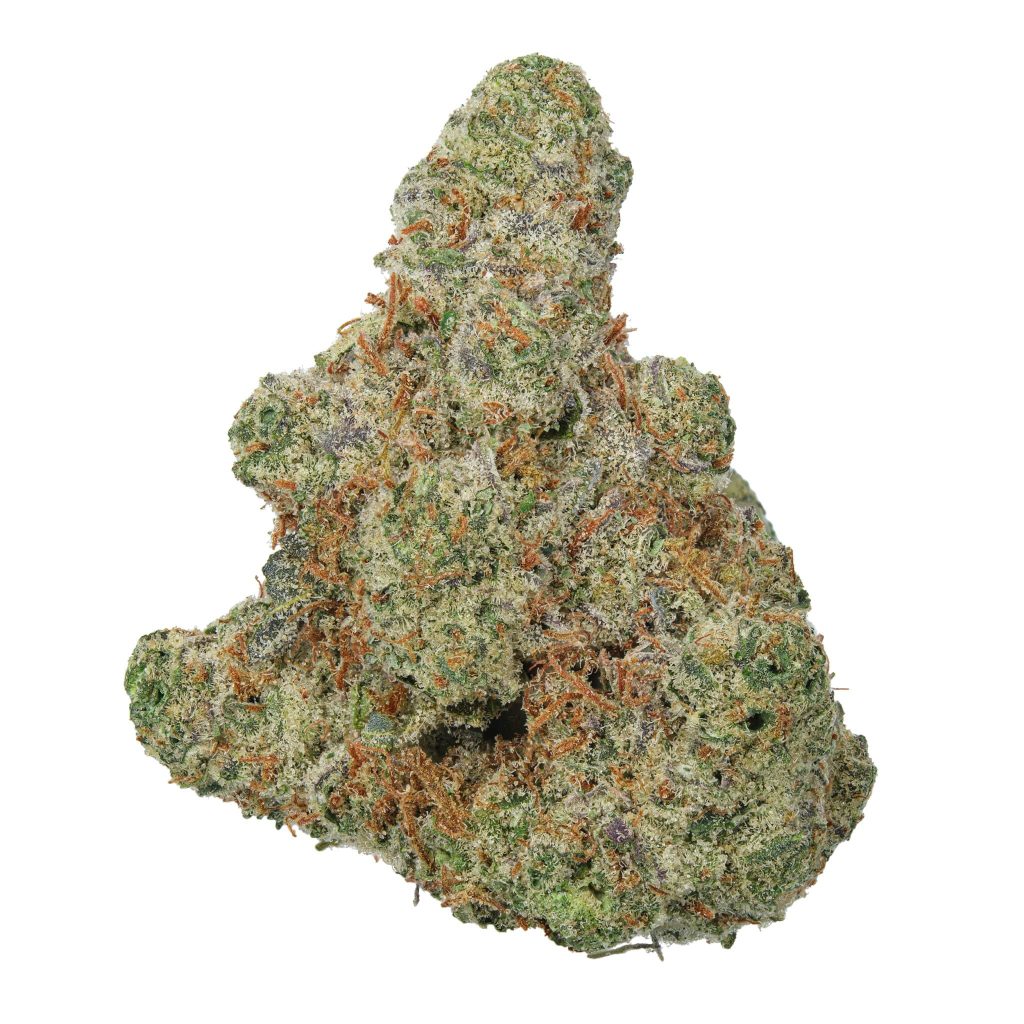THCA tetrahydrocannabinolic acid flower cannabis has garnered significant attention in recent years for its unique characteristics and potential health benefits. As a non-psychoactive precursor to THC, THCA is found in raw cannabis plants and offers a myriad of therapeutic properties without the intoxicating effects commonly associated with marijuana use. This distinction makes THCA flower an appealing option for individuals seeking relief from various ailments while avoiding the high typically linked to THC. One of the most notable characteristics of THCA is its status as a cannabinoid that does not induce psychoactive effects. This makes it particularly valuable for medical users who may be sensitive to THC’s psychoactivity or for those who need to maintain a clear head while benefiting from cannabis’s therapeutic properties. The non-intoxicating nature of THCA allows patients to incorporate it into their daily routines without the impairment associated with traditional cannabis use. THCA flower is rich in various cannabinoids, terpenes, and flavonoids, which contribute to its therapeutic effects.
 Its potential as an anti-inflammatory agent is particularly significant, as chronic inflammation is linked to a wide range of health issues, including autoimmune disorders and chronic pain syndromes. By reducing inflammation, THCA may help alleviate pain and improve overall quality of life for those suffering from these conditions. Moreover, THCA’s neuroprotective properties have sparked interest in its potential to support brain health. Studies suggest that THCA may help protect brain cells from oxidative stress and neurodegeneration, which could have implications for diseases like Alzheimer’s and Parkinson’s. This property is particularly promising, as it offers a natural approach to supporting cognitive function and mental clarity without the side effects commonly associated with pharmaceutical interventions. The antiemetic effects of THCA also hold promise for patients undergoing treatments that induce nausea, such as chemotherapy. Traditional anti-nausea medications often come with a range of side effects, making THCA an appealing alternative. By interacting with the endocannabinoid system, THCA may help regulate nausea and vomiting, providing relief for patients seeking to manage the side effects of their treatments.
Its potential as an anti-inflammatory agent is particularly significant, as chronic inflammation is linked to a wide range of health issues, including autoimmune disorders and chronic pain syndromes. By reducing inflammation, THCA may help alleviate pain and improve overall quality of life for those suffering from these conditions. Moreover, THCA’s neuroprotective properties have sparked interest in its potential to support brain health. Studies suggest that THCA may help protect brain cells from oxidative stress and neurodegeneration, which could have implications for diseases like Alzheimer’s and Parkinson’s. This property is particularly promising, as it offers a natural approach to supporting cognitive function and mental clarity without the side effects commonly associated with pharmaceutical interventions. The antiemetic effects of THCA also hold promise for patients undergoing treatments that induce nausea, such as chemotherapy. Traditional anti-nausea medications often come with a range of side effects, making THCA an appealing alternative. By interacting with the endocannabinoid system, THCA may help regulate nausea and vomiting, providing relief for patients seeking to manage the side effects of their treatments.
Another important aspect of thca flower is its versatility in consumption methods. It can be juiced, added to smoothies, or used in tinctures, allowing users to incorporate it easily into their diets. This flexibility not only makes THCA accessible to a broader audience but also encourages individuals to explore various ways of benefiting from its health properties. In conclusion, THCA flower cannabis represents a significant advancement in the understanding of cannabis’s therapeutic potential. With its non-psychoactive nature, anti-inflammatory, neuroprotective, and antiemetic properties, THCA offers a compelling alternative for those seeking relief from various health issues. As research continues to uncover the myriad benefits of THCA, it may well become a staple in the health and wellness landscape, providing a natural and effective means of improving quality of life without the intoxication associated with traditional cannabis use. Research has indicated that THCA may possess anti-inflammatory, neuroprotective, and antiemetic properties, making it beneficial for individuals dealing with conditions such as arthritis, neurodegenerative diseases, and nausea related to chemotherapy.